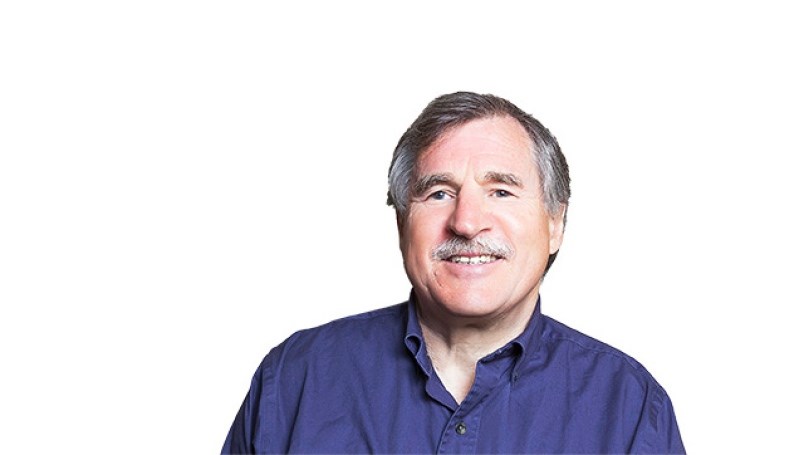Here we are heading into 2017 and a salary top-up for our municipal council is back on the budgetary agenda. It’s puzzling why that request did not appear in any of the present council members’ campaign blurbs during the last municipal election.
According to Ted Prior, who is now serving a second term on council, the work load is the biggest challenge.
“We have 400 to 500-page agendas every week. We have so much going on it is hard to focus. We have files that could cost the taxpayer millions and millions, add that to developments bombarding us,” he says.
Still, Squamish residents have to wonder how far another pay hike will go to lighten that burden.
As an alternative, a core services review should be undertaken with a focus on creating greater operational efficiencies for council.
Why not schedule fewer and shorter meetings and ease the associated document load? Instead of voluminous, time-consuming reading packages, councillors could be provided with executive summaries of the materials in question.
All things considered, when they took office two years ago the members of this council were given a detailed job description, including attendance expectations. We assume by throwing their hats into the ring they bought into that program.
Every councillor and the mayor is obligated to attend regular council, special council and committee of the whole meetings. And, for the most part, council’s 2016 attendance record associated with those specific sessions was relatively good compared to previous years.
According to the District’s website, councillors Elliott, Kent, Prior and Race were each absent from three of those deliberations. Coun. Chapelle missed a couple, while Mayor Heintzman was unable to attend four.
But the stats for Coun. Blackman-Wulff reveal that he was AWOL from two regular council, six special council and three committee of the whole meetings. He also arrived late 10 times.
In total, all other council members combined were late to only four of the above mentioned meetings. So, that begs the question: Does Coun. Blackman-Wulff fully understand the attendance protocols associated with the elected position for which he is being generously remunerated by taxpayers?
Of course, being an effective councillor involves a lot more than just turning up at meetings. Council members sit on various committees and community bodies and serve as a liaison between residents and the District of Squamish. These days council appears to be more intensely involved in the kind of daily operations nitty-gritty that has been traditionally taken on by municipal administrators.
Let’s not forget, the District employs a large roster of full-time managers with the credentials and experience to run this municipality. As elected officials, the primary role of councillors is to provide governance and oversight.



